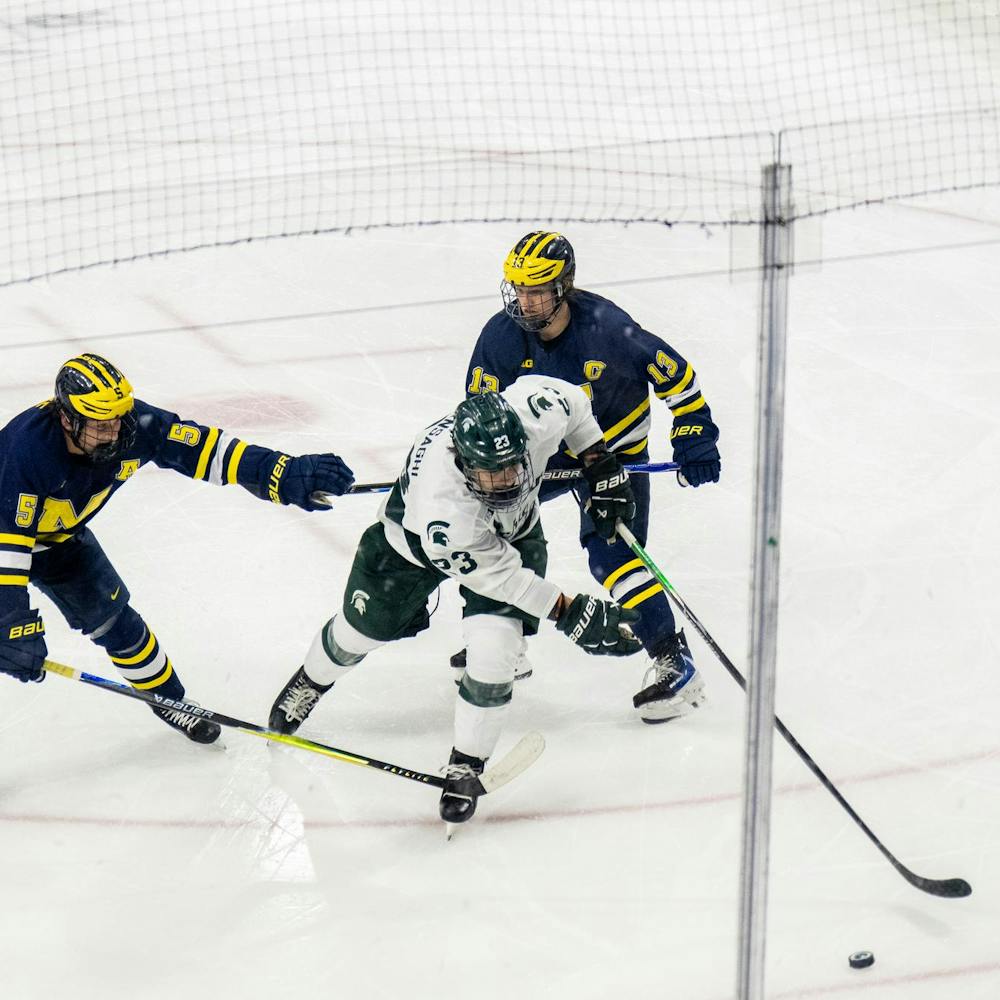As much as university officials try to control alcohol use, it is still a big part of the college student’s experience on campus.
It would be a falsehood to say alcohol has not caused any problems on campus over the years. It’s no secret many altercations have had some root in excessive drinking.
Young men have died from alcohol poisoning, young women have found themselves in compromising situations because of impaired judgment and sometimes violence has erupted over something simple, magnified through a drunken haze.
MSU has attempted many anti-alcohol measures over the years. The ill-prepared and ill-received alcohol ban on Munn field, one of the more notorious in recent history, sparked riots and protests against university procedures.
The “five or fewer” campaign took a less active approach, playing on students’ sense of peer pressure and conformity. Posters and ads have been distributed around campus after a survey was taken, revealing most students consume five or fewer alcoholic beverages per week.
And since 1999, BRAD - Be Responsible About Drinking - has sent out alcohol-awareness birthday cards to students at more than 50 campuses, including MSU, and holding public engagements to speak about the dangers of irresponsible drinking. Cindy McCue began the effort with her husband after their son Brad McCue, a parks and recreation junior, died after drinking 24 shots on his 21st birthday in 1998.
And more programs could arise from a recent grant of more than $350,000 from the U.S. Department of Education to study the link between drinking and celebrations.
Researchers will be examining what makes people discard the generally accepted rules and knowledge they have regarding drinking on certain occasions, such as birthdays, tailgates, spring break and St. Patrick’s Day.
We’ve seen how drinking can be a problem on campus. Sometimes it’s because students don’t know, and it could be speculated that some simply don’t care.
As long as that remains the case, there will be a need for alcohol education. The key is the angle that educators use to dispense information.
For example, BRAD’s birthday cards appear to be well-received by students. The organization also distributes brochures and cards outlining the dangers of alcohol.
Students need to be aware of the dangers of excessive drinking. University officials do have good intentions when making rules involving alcohol, as they’re intended to keep students safe.
But they aren’t effective enough. Hopefully this new study will shed some light on what can be done to show college students more positive ways to not only keep themselves and their friends safe, but to reduce the risks they take overall when choosing to drink.






